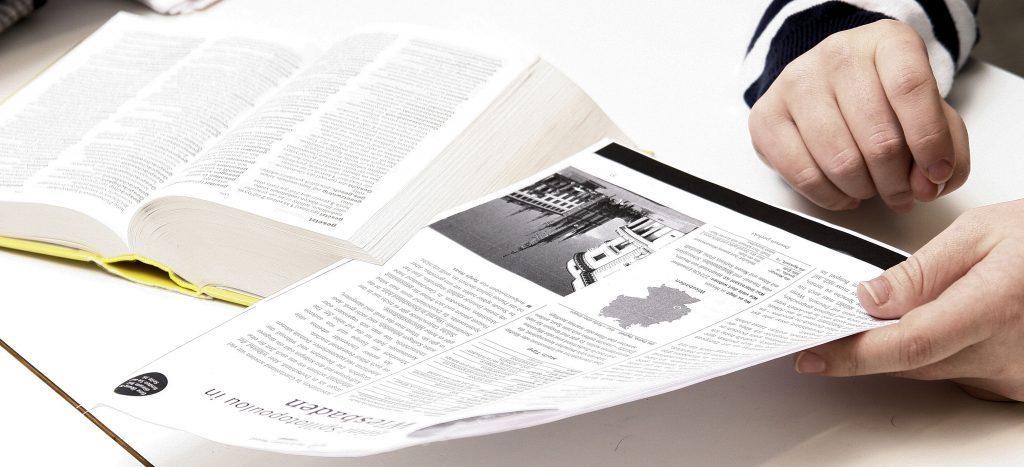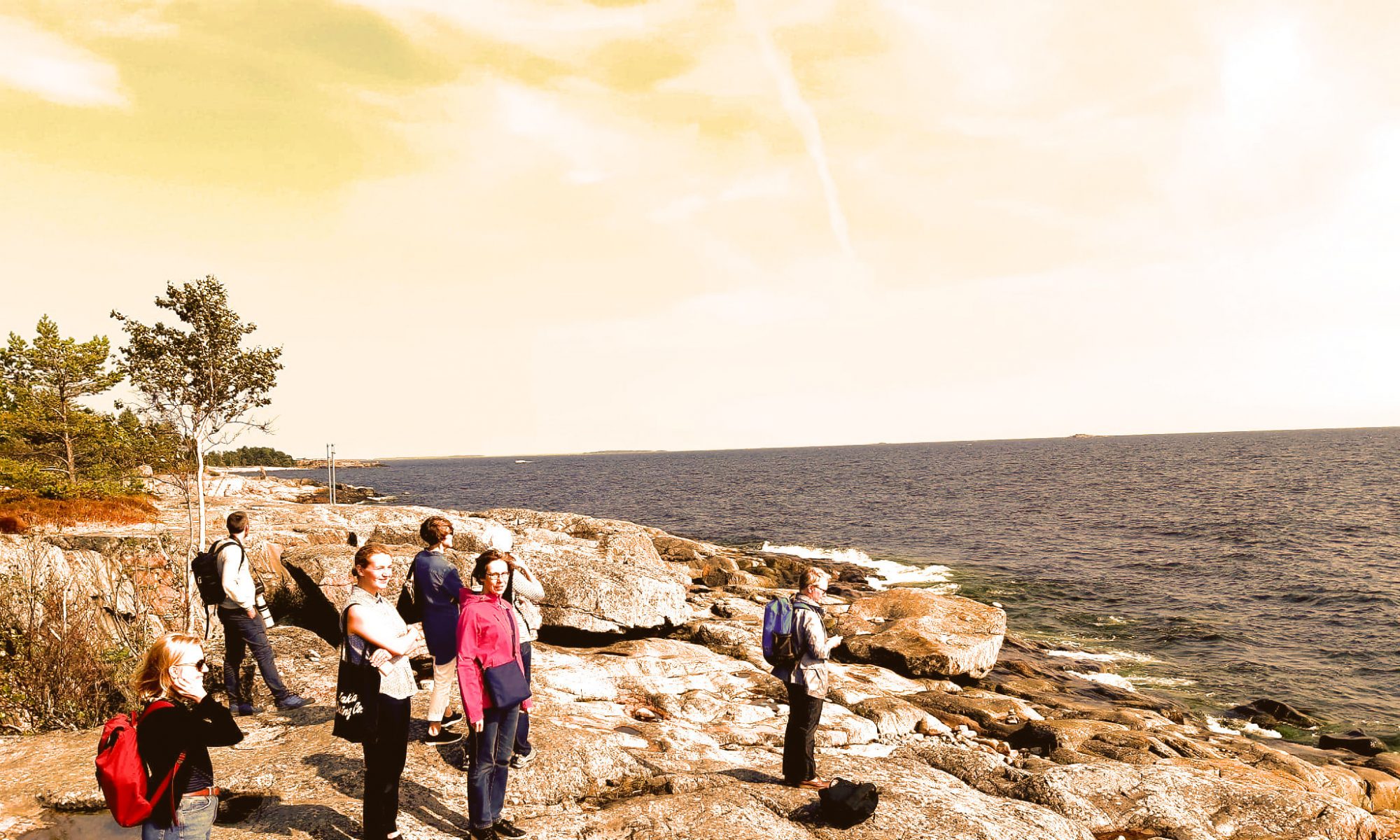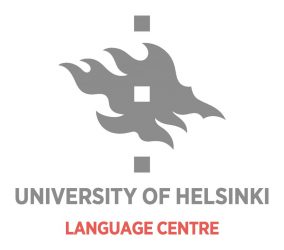 The purpose of doctoral studies is to provide the in-depth expertise required for research work and other highly demanding specialist positions and to develop top-level academic skills. Students must acquire these skills and be able to communicate in both English and the official national languages of Finland (Finnish and Swedish). The general objective of studies is to develop students’ ability to communicate clearly and effectively in the manner required by the academic community, promote their understanding of their own expertise (including the skills necessary for further development) and reinforce their identity as specialists.
The purpose of doctoral studies is to provide the in-depth expertise required for research work and other highly demanding specialist positions and to develop top-level academic skills. Students must acquire these skills and be able to communicate in both English and the official national languages of Finland (Finnish and Swedish). The general objective of studies is to develop students’ ability to communicate clearly and effectively in the manner required by the academic community, promote their understanding of their own expertise (including the skills necessary for further development) and reinforce their identity as specialists.
The Language Centre’s Language Services unit has provided doctoral schools (previously, doctoral programmes) with training in academic communication for over a decade. To date, it has offered more than 400 courses and training sessions (64 in 2018) with titles such as Academic Writing and Editing, Conference Presentation, Grant Writing, Academic Pitching, Principles of Peer Review, Tutkijan verkkokirjoittaminen (‘Online Writing for Researchers’) and Luova tieteellinen kirjoittaminen (‘Creative Academic Writing’). The courses are tailored for each doctoral school, and the content and learning outcomes are clearly described on course pages or in WebOodi. The courses are based on either contact teaching or the methods of blended learning. The focus is on engaging students through work in groups and pairs, peer reflection and self-reflection.
Representing the doctoral schools, Mikko Juusti from Research Services has coordinated the cooperation. He explains how the duties have been divided:
“In practice, the contact people for doctoral schools are responsible for the course arrangements not related to the content of studies, such as booking teaching venues, registering for courses, selecting students and recording results (or submitting them to Student Services for recording). The schools do not interfere with the content of courses because that is the responsibility of each course teacher.”
The course instructors include both the Language Services’ own teachers and those employed at the Language Centre, each specialised in a specific discipline. The teachers hold a doctoral degree or are finishing their doctoral studies and almost all of them are also language revisors, which means they have solid experience and a good understanding of the issues that should be given particular attention, for example, when teaching writing. Active involvement in international networks of academic writing and publishing ensures that they keep abreast of the latest developments in the field.
Vanessa Fuller has been one of our teachers since 2014 and has actively developed our courses from the very beginning. She has a good overview of our courses and students:
“These courses consist of skills necessary both beyond and within the academic community, but which traditionally receive little if any attention as students transition into their professional careers. All of the topics of the courses both vex graduate students and form integral components of their graduate school and research lives. I’ve come to view the courses we offer as an academic toolkit. Once fully stocked, this toolkit helps the PhD students further their progress towards their individual degree programmes and become more solid members of the academic and research communities both within the university as a whole as well as within their specific international communities of scholars. The students across all campuses continue to amaze me, both in the novel ways in which they approach their own research pursuits as well as in their infinite curiosity and insightful absorption of the various topics we discuss and explore through these classes. As an instructor, I am grateful and honoured.”
Written feedback is collected on all courses. Teachers use this feedback and the reciprocal work done in courses to adapt the course content and work methods to better correspond to students’ needs, thereby ensuring that the courses stay relevant and help doctoral students/future researchers in their work.
“The course provided me with both good, easily approachable theoretical background information and a huge amount of practical training in giving academic presentations. It exceeded my expectations. In a short time, the course teacher succeeded in reviewing the key requirements and pitfalls of conference presentations from various perspectives, taking each student’s individual needs and abilities into account.” (Conference Presentation, spring 2018)
“The course exceeded my expectations. It provided me with a theoretical background and practical tools to apply creatively when writing my article-based dissertation. The atmosphere in the group was positive, and the feedback and discussions with the other group members were useful in terms of constructive criticism. The teacher was encouraging and supportive.” (Luova tieteellinen kirjoittaminen, or ‘Creative Academic Writing’, spring 2018)
“This course was very useful and practical. I regret that I did not attend this course in the early stages of my PhD studies. Highly professional and dedicated teacher, very practical assignments.” (Principles of Peer Review, spring 2018)
“The teacher had a good understanding of the mistakes Finns often make and had a unique and lively way of teaching which really helped me retain the information. We received a lot of praise and encouragement as well as a steady stream of positive feedback on our skills. The teacher also split us into pairs. For me, it was really useful to have my partner edit my article, which is now almost completely edited. But the best thing was that I felt my skills really improved during the course, which will help me write better articles in the future.” (Academic Writing and Editing, autumn 2018)
“The course reviewed the elements of a good grant application from several perspectives. It also offered a great overview of the whole process of application and assessment. In all, I feel I obtained a number of solid tools for writing and polishing off my future grant applications, so I am very happy with the course. Thank you!” (Grant Writing, autumn 2018)
Text: Leena Evesti

